Fire Regulations for Business Owners
If you own a business there are a number of legal obligations that you have to consider. One of the most important is the compulsory fire regulations that have to be in place within every business premises. Here we’ll take a look at what you need to know, based on The Regulatory Reform (Fire Safety) Order, 2005.Who is Responsible for Fire Safety?
Firstly, let us deal with the responsibility of fire safety on your premises. Anyone who is the owner of a non-domestic property, is a landlord, employer, occupier or has control of a business premises acting as an agent or facilities manager is the responsible person who is held accountable in the worst circumstances of tragedy resulting of a fire or other issue. There can be more than one responsible person, each with equal responsibility.
Fire Risk Assessment
The responsible person must be in charge of putting together and maintaining a fire risk assessment. This is a necessity for any business that employs four or more people. A written assessment must be kept at all times, outlining fire safety procedures and actions to prevent a fire.
Identify Fire Hazards – You must consider all potential fire hazards within the building, as well as understanding the location of all electrical equipment, heaters and sources of potential fires such as rubbish piles and stores of paper and documents.
Who is at Risk? – Some staff members might be at greater risk of suffering the consequences of a fire due to their location within the building or because of mobility or disability issues on a personal level.
Evaluating Risk Levels – Each fire hazard will have a different risk level, some more serious than others. Each case should be taken on merit, deciding whether action needs to be taken to reduce the risk, and how to do so.
Emergency Plan – Once the evaluation has taken place all recordings need to be written down and kept, including the direction towards areas of greater risk and the steps that are to be taken to limit that risk. An emergency plan is needed to ensure that all staff members understand what they need to do in the event of a fire, including a clear route for emergency exit.
Regular Reviews – Your building, staff and potential hazards will change over time so it is important to regularly review your fire assessment and update it. Once changes have been made all parties must be informed.
Required Fire Safety Equipment
Different business and types of industry will require different levels of fire safety and equipment but the following will be required by businesses:
Fire Extinguishers
- Sprinkler System
- Fire Hose Reels
- Fire Alarm system that is tested on a weekly basis
- Emergency Lighting
- Fire Safety Training for all staff members
- At least two fire safety signs – a fire action notice and an extinguisher ID sign
Fire doors are an important part of fire safety precautions within the majority of industries. If you are looking to bolster your precautions against fire, Ahmarra has the experience and expertise in designing, building and installing fire doors to the highest standards. Give our team a call today and we can put together a bespoke plan to suit your business premises.






